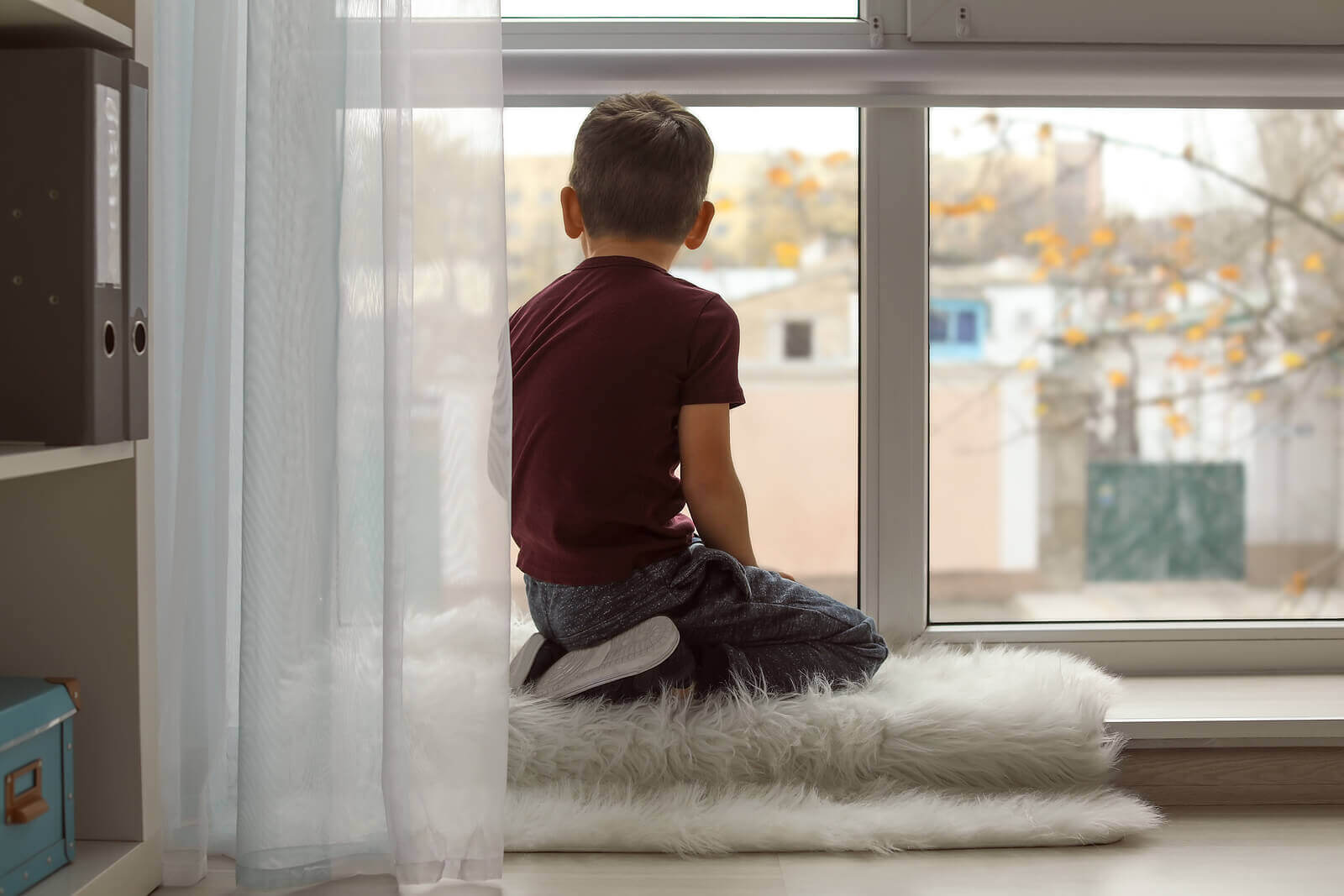Written By: Habeebah Abdus-Salaam, LSW, CSSW
Anxiety disorders are among the most common mental health challenges faced by children today. With increasing awareness of the psychological toll of anxiety, many parents and caregivers seek effective therapeutic approaches for their children. One such evidence-based intervention is Dialectical Behavior Therapy (DBT). Although originally designed for adults struggling with borderline personality disorder, DBT has been adapted successfully for children and adolescents, demonstrating effectiveness in treating anxiety. This blog post explores why DBT therapy for children and teens works so well for children with anxiety and how it supports their emotional and behavioral growth.

Understanding DBT and Its Core Components
DBT is a form of cognitive-behavioral therapy that emphasizes balancing acceptance and change. Developed by Dr. Marsha Linehan in the late 1980s, DBT focuses on helping individuals manage intense emotions, improve interpersonal effectiveness, and build resilience.
For children, DBT is typically adapted into a skills-based program that integrates these four core components:
1. Mindfulness Skills: Teach children to focus on the present moment. To notice their thoughts and feelings, and reduce emotional reactivity.
2. Distress Tolerance: Helping children cope with stressful situations without resorting to unhelpful behaviors.
3 . Emotion Regulation: Providing tools to identify, understand, and manage intense emotions effectively.
4. Interpersonal Effectiveness: Building skills to improve communication and maintain healthy relationships.
DBT for children often includes parent or caregiver involvement, making it a collaborative process that strengthens the family unit and creates a supportive environment for the child.
Why is DBT Effective for Children with Anxiety?
Addresses Emotional Dysregulation
Children with anxiety frequently experience overwhelming emotions, which can manifest as excessive worry, irritability, or physical symptoms such as stomachaches or headaches. DBT teaches children how to regulate these emotions, making them feel less out of control. The emotion regulation skills help children identify triggers, understand the connection between thoughts and feelings, and practice healthy coping mechanisms.
Empowers Through Mindfulness
Mindfulness is a cornerstone of DBT, and it is especially beneficial for children with anxiety. By focusing on the present moment, children learn to step back from the spiral of “what if” thoughts that often accompany anxiety. This practice fosters self-awareness and helps children recognize anxious thoughts without letting them dictate their behavior.
For example, a child learning mindfulness might practice breathing exercises or grounding techniques, such as identifying five things they can see, four they can touch, three they can hear, two they can smell, and one they can taste. These exercises help them refocus and reduce feelings of panic or fear.
Enhances Coping Mechanisms
Children with anxiety often struggle to cope with stress, leading to avoidance behaviors, tantrums, or withdrawal. DBT introduces distress tolerance skills that equip children with strategies to endure and navigate difficult emotions or situations. These skills include activities such as distraction, self-soothing, or using acronyms like TIP (Temperature, Intense Exercise, Paced Breathing) to calm the body during distressing moments.
For instance, a child who feels anxious about a test might learn to take a few minutes to practice paced breathing, helping them stay calm and focused instead of succumbing to panic.
Promotes Resilience
Anxiety can undermine a child’s confidence and self-esteem, making them feel powerless against their worries. DBT empowers children by teaching them how to manage their emotions and responses. This sense of control fosters resilience, helping children face challenges with a problem-solving mindset rather than avoidance or defeatism.
Improves Interpersonal Relationships
Children with anxiety may struggle in social situations, fearing judgment or rejection. This can lead to isolation or difficulties in maintaining friendships. The interpersonal effectiveness component of DBT teaches children assertiveness, active listening, and boundary-setting, enabling them to navigate social interactions with greater confidence and ease. Improved relationships further reduce anxiety, as children feel supported and valued.
Parent Involvement Strengthens Outcomes
DBT for children often includes a family component, ensuring that parents or caregivers are equipped to reinforce the skills at home. This collaborative approach creates a consistent and supportive environment where children can practice their new skills. Parents also gain insights into their child’s struggles and learn how to respond constructively, fostering a stronger parent-child bond.
Evidence Supporting DBT for Children with Anxiety
Research has increasingly shown that DBT is an effective intervention for children and adolescents with anxiety. For example, a 2020 study published in the Journal of the American Academy of Child & Adolescent Psychiatry found that DBT significantly reduced anxiety symptoms in children by improving emotional regulation and decreasing avoidance behaviors. Additionally, clinical trials have demonstrated that DBT is particularly effective for children with co-occurring conditions, such as depression or ADHD, which often exacerbate anxiety symptoms.
One of the key reasons for DBT’s effectiveness is its flexibility. Therapists can tailor the skills and interventions to the child’s developmental level, making the techniques accessible and engaging. Furthermore, the emphasis on practical, real-life applications ensures that children can generalize their skills to everyday situations.
Tips for Parents Considering DBT for Their Child
If you’re a parent or caregiver considering DBT for a child with anxiety, here are some steps to get started:
1. Find a Qualified Child and Teen Therapist: Look for a mental health professional with specialized training in DBT for children.
2 . Engage in the Process: Be prepared to participate in family sessions and support your child’s practice of DBT skills at home.
3. Be Patient: Progress takes time, especially as children learn and internalize new skills.
4 . Encourage Practice: Help your child apply DBT techniques in everyday situations, from handling homework stress to navigating social challenges.
Conclusion
At DBT of South Jersey, DBT offers a comprehensive and practical approach to helping children with anxiety. By addressing emotional dysregulation, enhancing coping skills, and fostering resilience, DBT empowers children to take control of their mental health and thrive. The inclusion of mindfulness, distress tolerance, emotion regulation, and interpersonal effectiveness provides a robust framework for managing anxiety, making it an invaluable tool for families navigating this journey.
https://guidepostdbt.com/dbt-for-anxiety
https://www.stepinto-yourself.com/articles/how-to-use-dbt-skills-for-anxiety-a-step-by-step-guide
https://mentalhealthcenterkids.com/blogs/articles/dbt-for-anxiety
Help Your Child Overcome Anxiety With Therapy for Children and Teens in South Jersey
At DBT of South Jersey, we specialize in compassionate and effective therapy for children and teens in South Jersey, providing them with the tools they need to navigate anxiety and build resilience. Whether your child is struggling with overwhelming worries or finding it hard to cope with daily stressors, our tailored approach can make a meaningful difference. Together, we can create a supportive path toward emotional well-being and confidence. Follow these three simple steps to get started:



